When matcha meets milk... matcha latte!
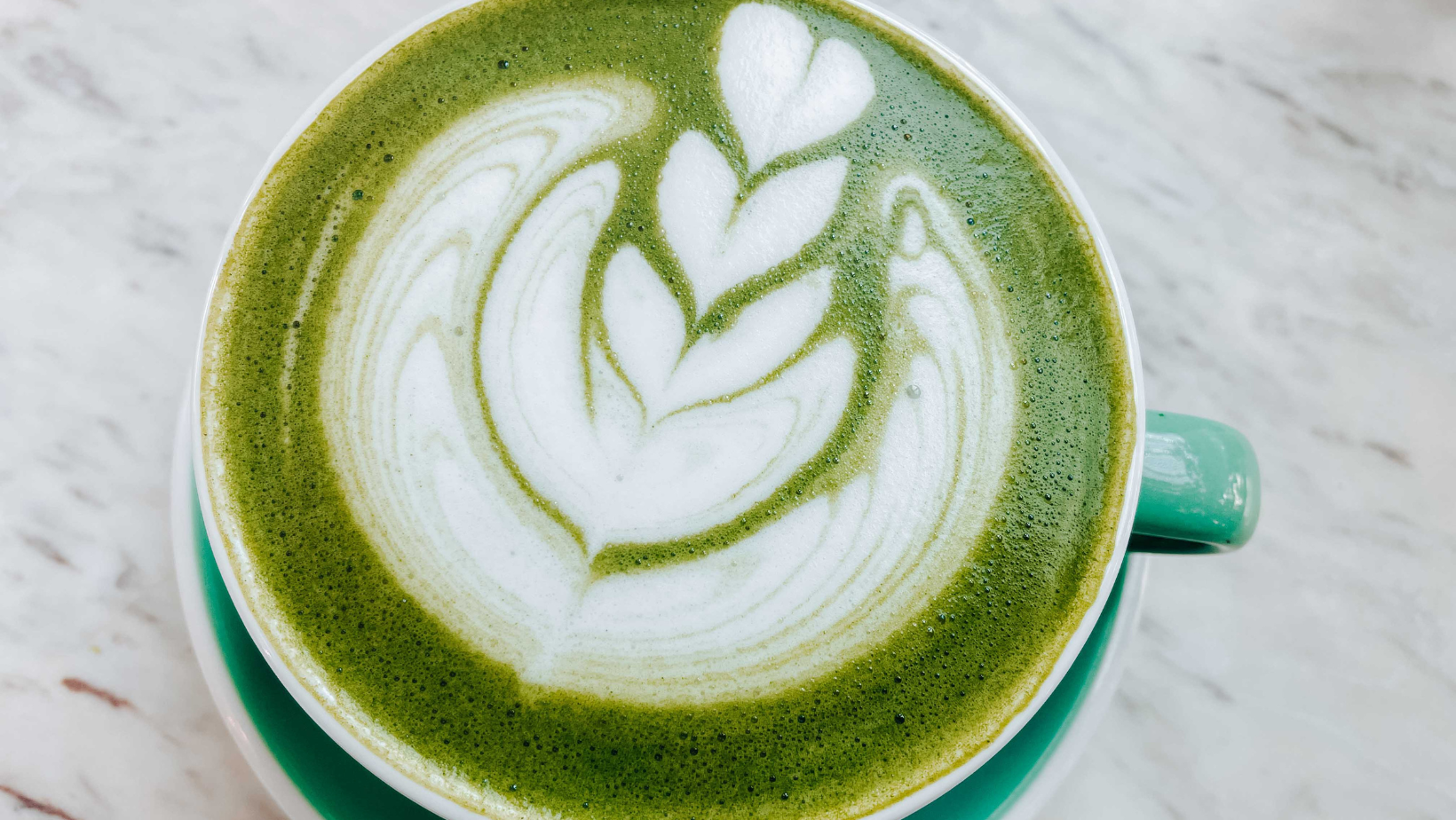

NUT MILKS

ALMOND MILK
Almond milk is definitely a very good starting point. In fact, its texture is very similar to traditional milk (also its flavour is not too far) but with fewer calories. Almond milk is commonly appreciated for its slightly sweet taste, which makes it (almost) universally pleasant. If you are a matcha beginner and you are not used to the strong umami taste that matcha has, we believe you’ll find that almond milk can be a perfect match!
The only con of almond milk is the nutritional density. Almonds are rich in protein and healthy fat, but most of them get lost in the process and can therefore be less appealing for some. But, as we said, if you’re new to matcha or matcha lattes, it’s a good idea to start off with a beloved classic!
PROS – sweet taste, good for beginners and to help people who find umami taste challenging
CONS – low nutritional values
SOY MILK
One of the most popular nut-based milk is soy milk: it’s probably the most common alternative to traditional milk. Soy milk is also (possibly) the plainest milk and it has no sweet taste at all. Lack of sweetness can be a downside for those who desire something sweeter with matcha. You can also find sweetened versions, but keep in mind that they have added sugars. The good news is that what soy milk lacks in sweetness, it makes up for with nutrients. On average, soy milk has 4g of fat, 7g of protein, and 3g of carbohydrates.
In addition to this, it is also the cheapest option for plant-based milks and possible the easiest to find in store. The only downside to soy milk is that it tends to condense and thicken when heated. This is why we suggest to try soy milk when making iced matcha latte rather than hot lattes.
PROS – rich in nutrients, easy to find, cheap
CONS – no sweet taste, it tends to curdle when heated
CASHEW MILK
Unsweetened cashew milk is a great low-calorie choice but it is low on nutrients. So, if you are planning to reduce your calories intake, the cashew milk is a great option. But, if you’re an athlete or in a gaining phase, this milk it’s not be the best option. Also, we would discourage to use cashew milk if you will drink it before workout. However, cashew milk is really creamy and this makes it a favourite vegan alternative for recipes like vegan mac n’ cheese, but it also makes it perfect for preparing a rich and delicious matcha latte.
PROS – low calories, creamy
CONS – low on nutrients
PLANT MILKS
COCONUT MILK
Coconut milk scores the most flavoured of all types of non-dairy milk. It has a rich and creamy taste that makes it versatile to most beverages. Coconut milk is becoming a popular favourite. It’s very rich in fats that heats well and it’s naturally sweet, meaning you can skip the sugar. Coconut milk is best in baking and smoothies, where its thick texture is appreciated. Also, the slightly tropical taste this milk adds to drinks can’t be overtaken.
PROS – Sweet, flavour, good for beginners and to help people who find umami taste challenging
CONS – rich in fats
RICE MILK
If you’re an athlete or someone looking to fuel their body with high-quality fats and nutrients, or you are about to workout, then unsweetened rice milk is a great alternative to dairy milk. The over 10g of carbs each serving has, makes it ideal for a pre workout matcha mix. On another note, rice milk is possibly the less flavoured, it has a plain texture too and usually needs a strong kick in flavour when used in other drinks, and in our case, matcha is super rich in flavour!
PROS – high-quality fats and nutrients, high carbs
CONS – less flavoured, plain texture
HEMP MILK
Perhaps the trendiest non-dairy alternative to milk is the hemp milk. It has more fat and protein than almond or rice milk, with about 4.8g of protein and 7.2g of fat. In addition, unlike other plant-based milk, hemp milk has a complete group of proteins with a full range of amino acids. This makes it perfect for a post-workout recovery matcha latte or smoothie. On the other side, hemp milk lacks the natural sweetness, so it may not be the best option for matcha or latte beginner and those who are new to matcha might need some sort of sweetener. Hemp milk is not the easiest to find and possibly the pricie. But, if you spot it next time at the grocery shop, just grab it and give it a go: you’ll be rewarded with a nutrients and amino acids.
PROS – rich in protein, fat, nutrients and amino acids; perfect post-workout
CONS – non-sweet, more difficult to find, pricey
OAT MILK
Oat milk is becoming more and more well-liked. You can literally find it everywhere now and it’s so popular that it is also easy to find in coffee shops as they use it as a dairy alternative. It has a deliciously creamy texture but it doesn’t taste too heavy and can be heated without curdling. If you’re looking for a milk that will easily match with about anything, oat milk is your choice. It’s richer in nutrients than coconut or almond milk but it’s not the heaviest. It’s usually pricier than options, but it is extremely easy to find. Oat milk is another perfect match to matcha.
PROS – creamy, good amount of nutrients, easy to find
CONS – slightly pricey

Any milk is great when you first introduce matcha in tour life (or when you are trying to convince your friend for some matcha). Like coffee and liquors, matcha is usually an acquired taste, and drinking a pure shot isn’t typically the best way to start your journey in discovering the matcha effect! We suggest to start with matcha lattes, choosing coconut or almond milk (or even oat, just less sweet). Both milks pair up very well with matcha without cover its flavour entirely.
In conclusion, there are many alternatives to just dairy milk. Whether you’re looking for extra sweetness or a high-fat content, you’ll find the perfect milk for you which will offer something unique. Everyone is looking for different things in their daily matcha latte, so you’ll have your own favourite and we suggest to try different milks to find the best one for you (also in terms of taste!)
Whoa... you are still here! Fancy matcha latte now? Let's get some good and authentic Japanese matcha! Have a look at our range here:




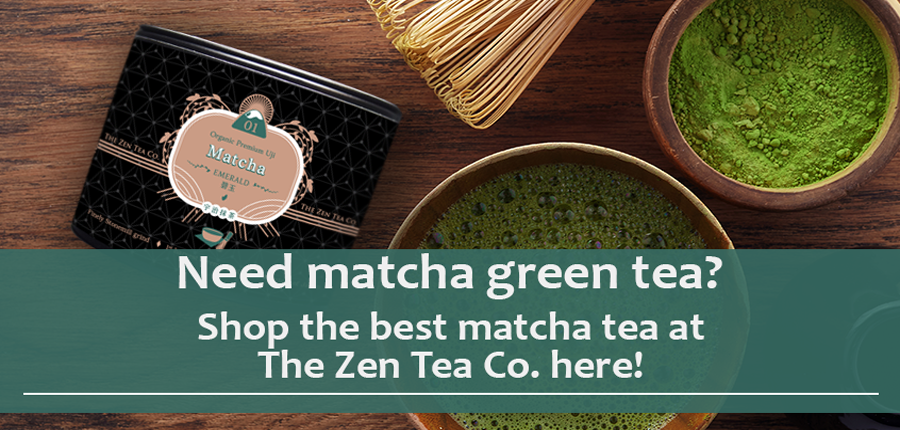

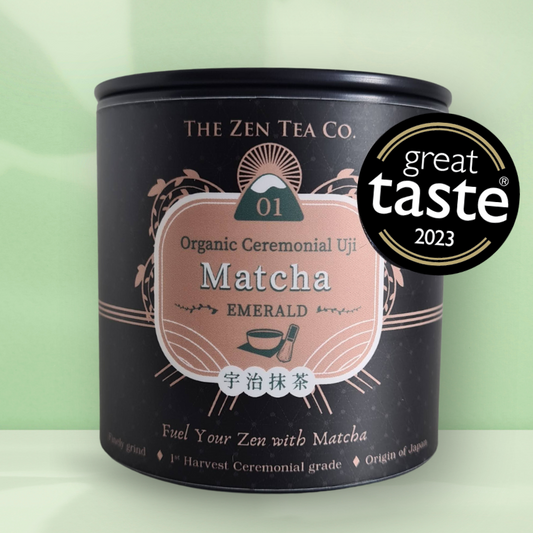
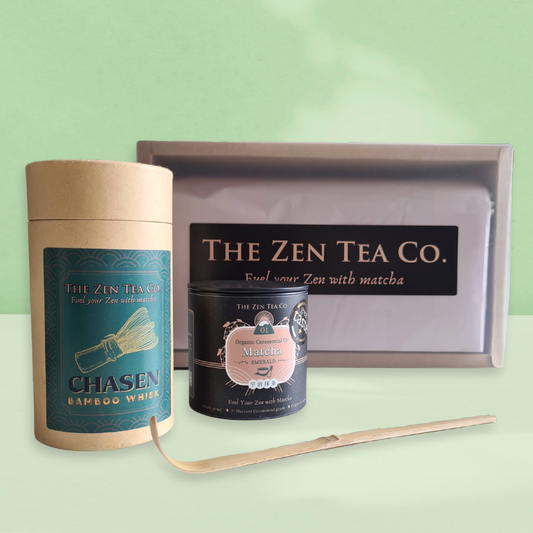

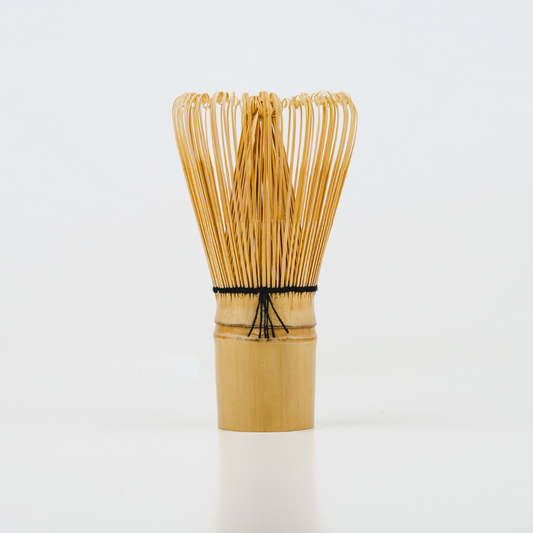
1 comment
Just had my 1st matcha at home. Tasted it while on vacation in Aruba. Interesting. I think it’s a drink I might enjoy